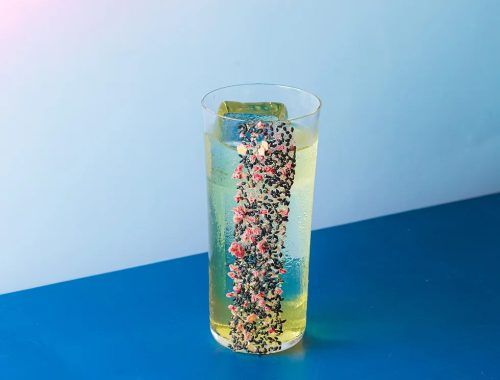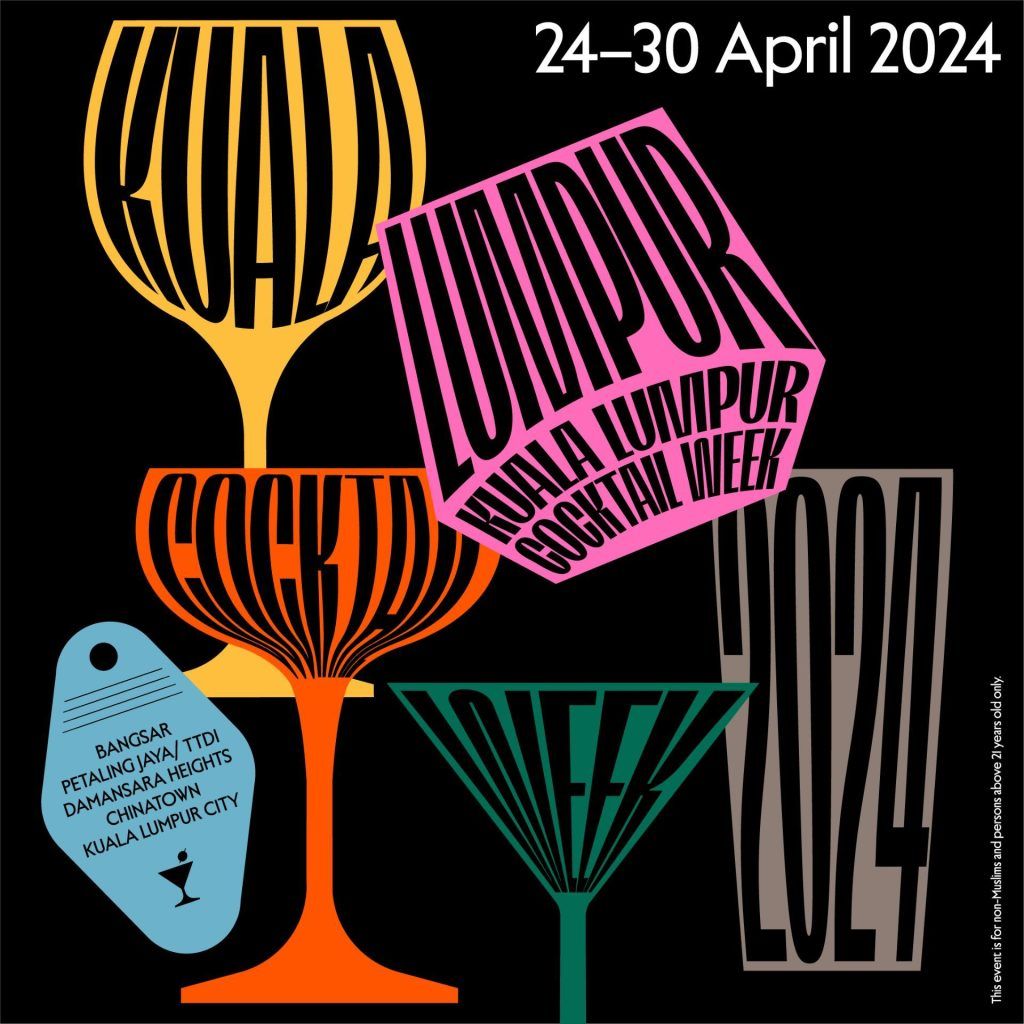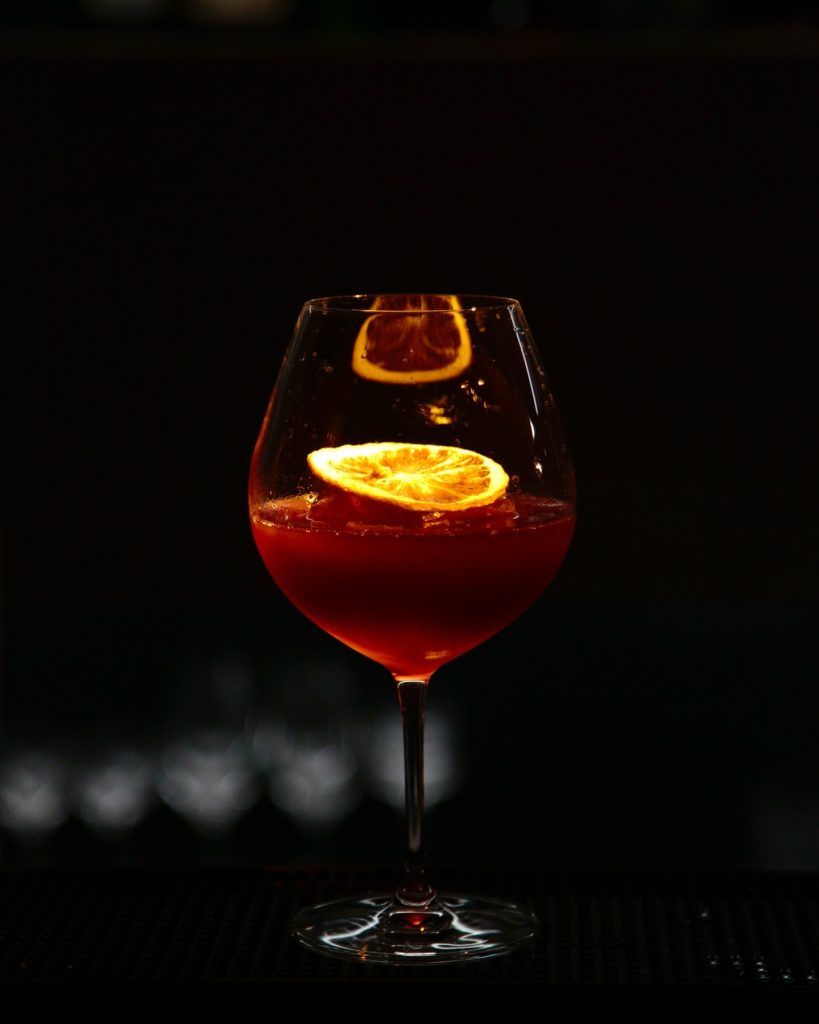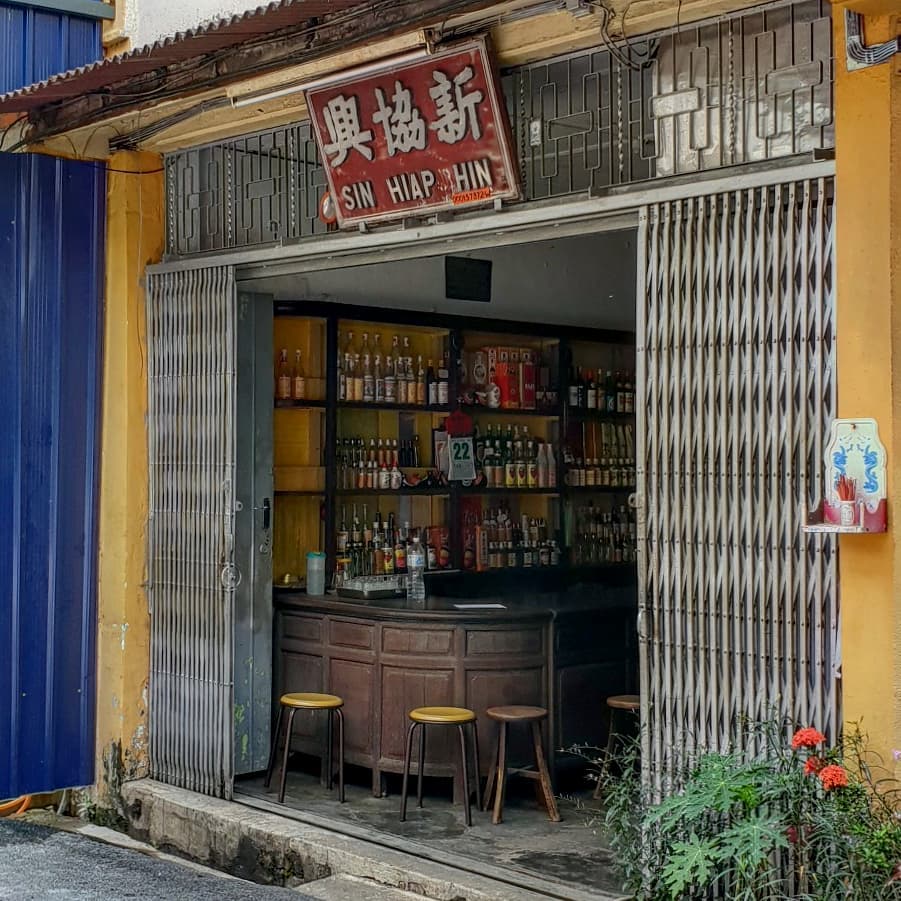You do not have to be in Korea to understand how pervasive soju is. As the alcoholic equivalent of the catchy pop music that its parent nation churns, soju has since gone beyond permanent residency in just Korean watering holes to owning a place in many bars worldwide. The fruity liquid within those characteristic emerald bottles has risen to become one of the world’s highest selling liquors by volume.
It’s not difficult to crack the formula behind soju’s popularity. The A-grade marketing employed by soju companies only bolsters the appeal of the spirit’s already-winning formula. The soft rice wine, whether infused with fruit or plain, is uncomplex. Its drinkability is off-the-charts, appropriate to enjoy over a barbecue dinner or at the karaoke bar, and numerous other occasions in between. It might not have the same prestige as Japanese sake just yet, but soju doesn’t seem to be aiming for those heights anyway.
Soju’s ascension does not mean Korean booze culture is a monolithic entity because there are so many other native wines and spirits any keen drinker can explore. Go beyond its entry-level grasp and venture into these other Korean drinks we guarantee will satisfy as much, or even more than soju.
Podoju

Podoju falls under the umbrella of fruit wines from Korea. It typically refers to a rice wine, fermented with grapes of the low-sugar Kyoho or Campbell variety. The deep ruby alcohol is sweet, with a light red fruit note and silky finish that beckons to be paired with chocolate. Though grapes are a popular choice for use in podoju, one can easily also find the expression made with tart raspberries, plums or quinces.
Makgeolli

Think of makgeolli as grown-up soju. Made with the simple combination of rice and nuruk, a fermentation starter created with wheat, rice and barley, the milky wine is heavy on tang and a mild bitterness. Freshly brewed makgeolli is unpasteurized, which lets the wine ages in the bottle for more complex flavours come through and effervescence to develop. Those you find bottled on the supermarket shelves, however, have additives, so always try to enjoy makgeolli from a bar that makes it in-house to enjoy its funky flavours.
Gukhwaju

If floral wines are your jam, then gun for gukhwaju. The rice wine comes infused with chrysanthemum flowers, giving the liquid a light golden hue and the profile of sweet chrysanthemum tea. Best enjoyed alone, chilled crisp, this wine could just be your next summertime favourite.
Baekseju

Baekseju is bottled tradition. The wine is made from glutinous rice and flavoured with twelve herbs, which includes ginseng, ginger, cinnamon, omija berries and liquorice. Its bittersweet, punchy taste enforces its status as medicinal alcohol, as baekseju is apparently meant to help you live for a hundred years. We aren’t too sure about that, but it does warrant trying if you ever get your hands on a bottle.












